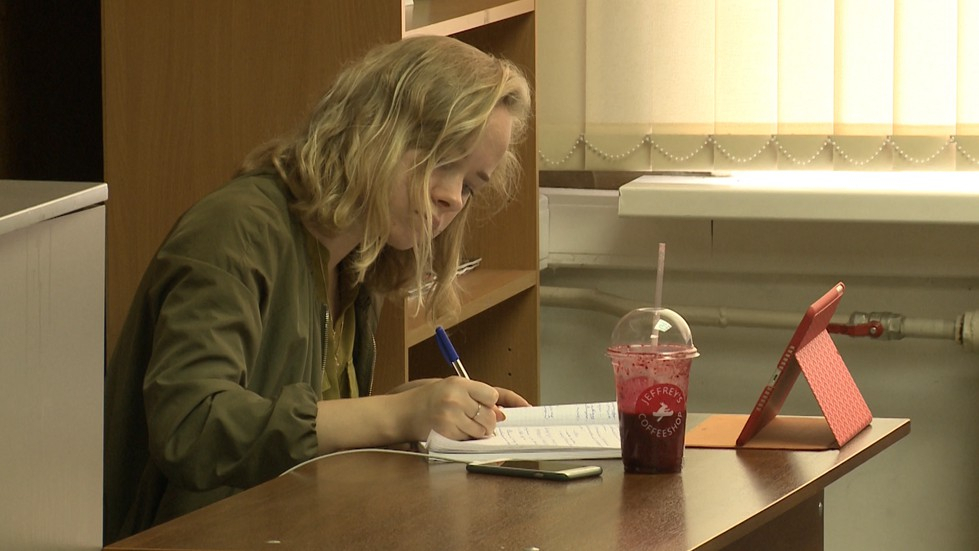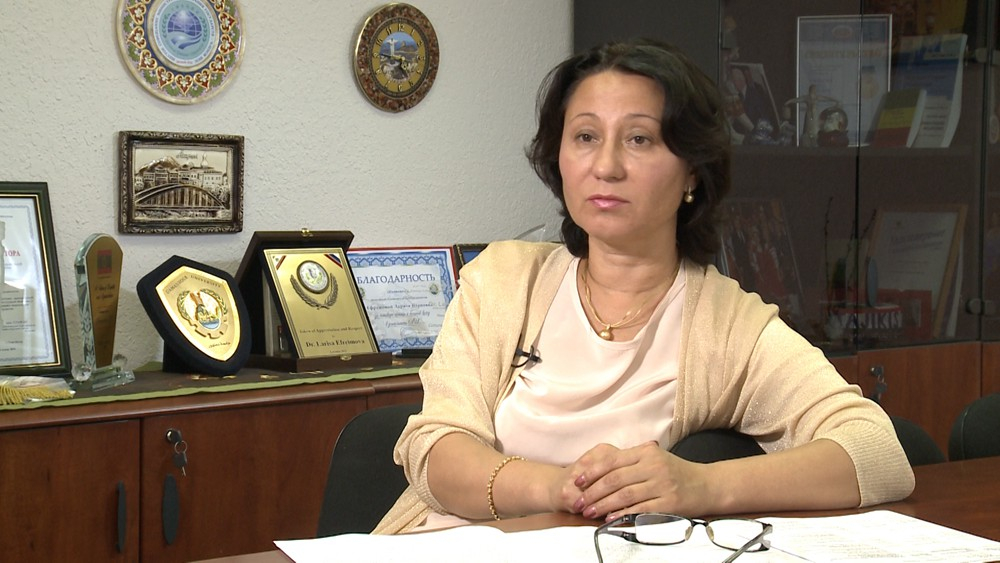
World
21:09, 25-Jul-2018
Talented students encouraged to choose BRICS universities
Updated
20:30, 28-Jul-2018
By Lucy Taylor
01:49

A network of almost 60 universities in the BRICS community – which is made up of Brazil, Russia, India, China and South Africa – hopes to encourage the most talented students to stay within the emerging economies instead of looking to the US and Europe.
The BRICS Network University program is still a new project, but it offers exchange visits, joint training programs and joint research projects for graduate students.
Twelve Russian universities are members of Network University, connecting their graduate students with others in different parts of the BRICS community.

Students walk at the People's Friendship University of Russia. /CGTN Photo
Students walk at the People's Friendship University of Russia. /CGTN Photo
Each institution takes a partner in a different country, and together, they specialize in one of six key areas: economics, energy, environment, water pollution, research into BRICS countries and information technology and security.
Boris Zhelezov of Moscow's Higher School of Economics said he hopes that the project will appeal to Russian students.
"We hope that it will attract talented students because the opportunity to visit another BRICS country, to overcome those distances and to study in a multicultural environment, of course, is [an] additional benefit," he said.

Boris Zhelezov of the Higher School of Economics. /CGTN Photo
Boris Zhelezov of the Higher School of Economics. /CGTN Photo
Russia wants to triple its international students by 2025 and sees the BRICS countries as a big potential market.
Today's students may be tomorrow's leaders, and they hope that partnerships forged now might shape the industries of the future.

Larisa Efremova of the People's Friendship University of Russia. /CGTN Photo
Larisa Efremova of the People's Friendship University of Russia. /CGTN Photo
However, there are challenges. Larisa Efremova from the People's Friendship University of Russia said that one such challenge is devising joint courses with partners in other countries, where the academic focus and standards may be different.
"There are no international laws to govern this," she said. "The difficult part is coordinating programs to acknowledge the requirements of each of the partners. It's always complicated and it takes people with a lot of experience. There is also a language barrier."
As the world's major emerging economies, the BRICS countries believe they are the future. They hope to improve cooperation within the community, starting with the next generation.

SITEMAP
Copyright © 2018 CGTN. Beijing ICP prepared NO.16065310-3
Copyright © 2018 CGTN. Beijing ICP prepared NO.16065310-3